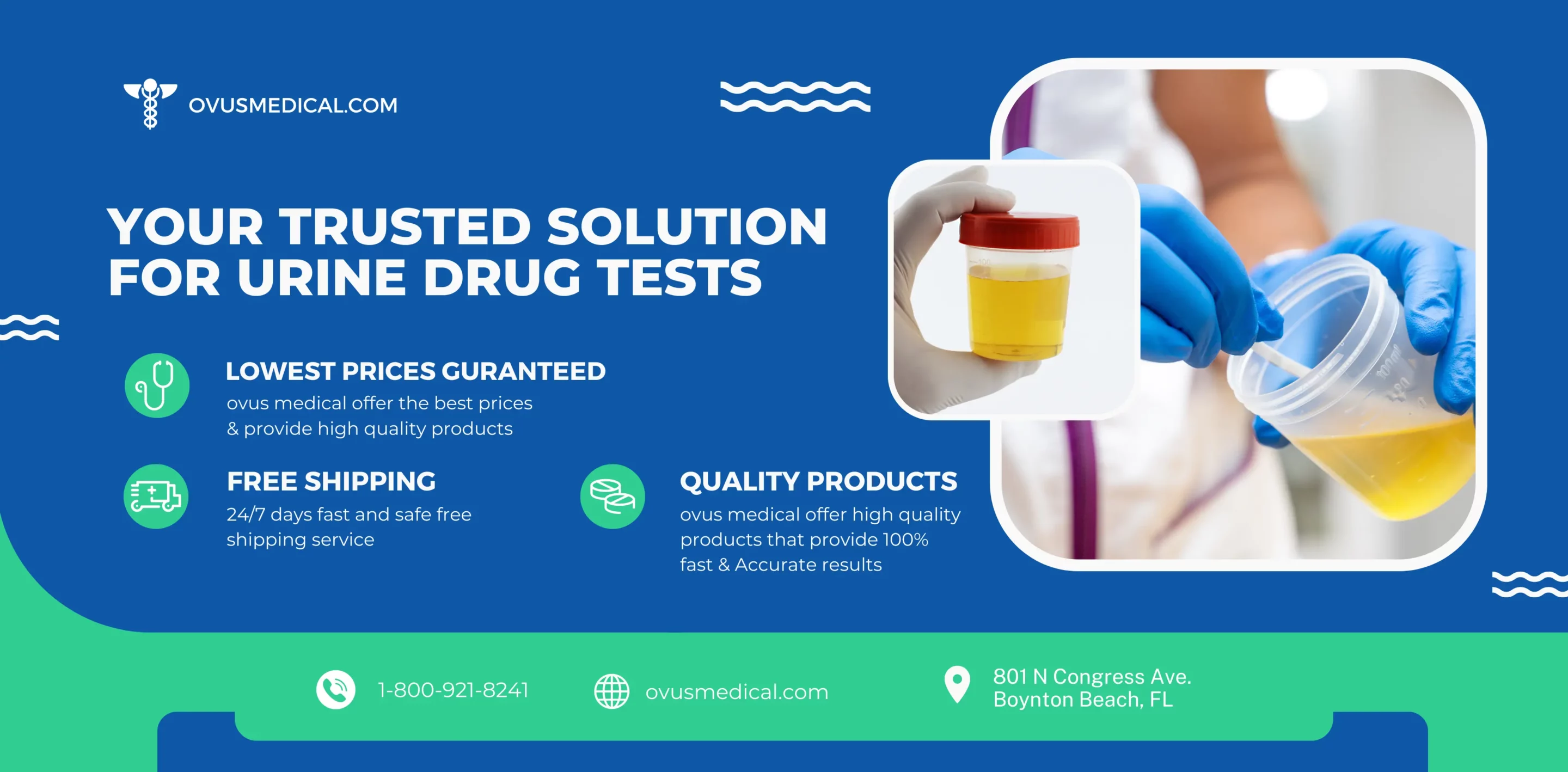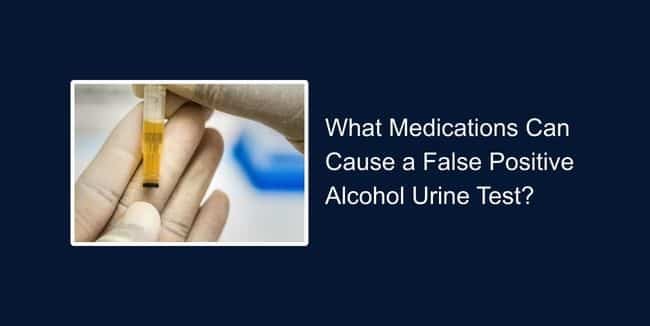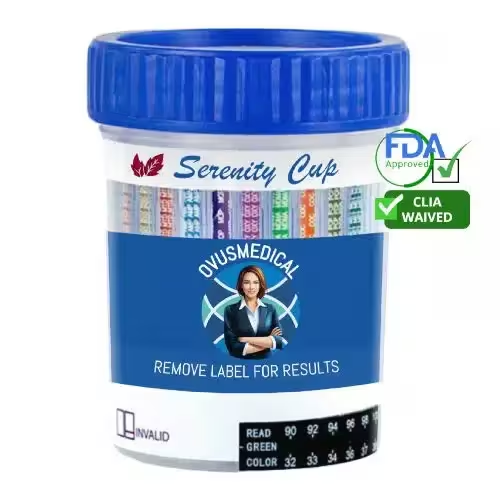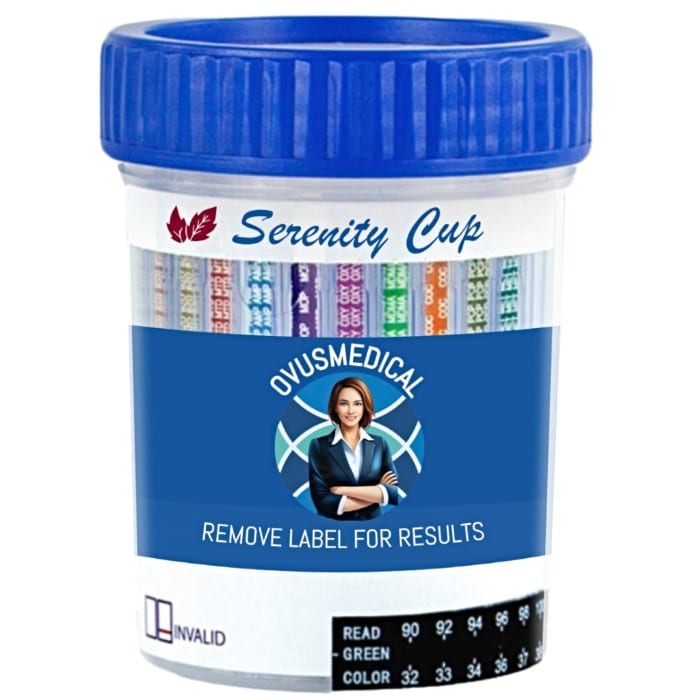Imagine failing an alcohol urine test — even though you haven’t had a single drink. For many, this scenario sounds impossible. But the truth is, certain medications, supplements, and even everyday products can trick highly sensitive alcohol urine tests into showing a false positive.
This blog explores what medications can cause a false positive alcohol urine test, why it happens, and what you can do if it ever occurs.
Understanding Alcohol Urine Tests
Alcohol urine tests are widely used in:
- Workplace screenings
- Legal or probation settings
- Medical monitoring programs
Most rely on detecting ethanol (alcohol) or its metabolites EtG (ethyl glucuronide) and EtS (ethyl sulfate). These markers can remain in the urine for up to 80 hours after alcohol use.
Because EtG tests are so sensitive, they sometimes detect non-drinking sources of alcohol or substances that mimic ethanol — leading to false positives.

How False Positives Happen
A false positive occurs when the test reports alcohol use despite abstinence. Causes include:
- Medications metabolized into alcohol-like compounds
- Products containing alcohol, such as cough syrups or mouthwash
- Sample contamination, e.g., from hand sanitizer or cleaning agents
- Improper storage, where bacteria ferment sugars in urine into ethanol
What Medications Can Cause a False Positive Alcohol Urine Test?
1. Over-the-Counter Medications
- Cough syrups – Many contain ethanol as a solvent or preservative.
- Mouthwash – Swallowing even trace amounts of ethanol-containing rinse may be enough.
- Cold/flu meds – Some formulations use alcohol or interfere with test accuracy.
2. Prescription Medications
- Metronidazole (antibiotic) – Produces metabolites that mimic ethanol.
- Anti-diabetic drugs (e.g., sulfonylureas) – May create alcohol-like byproduct
- Psych meds (antidepressants, benzodiazepines) – Sometimes interfere with specificity.
3. Supplements & Herbal Remedies
- Niacin (Vitamin B3) – High doses linked to false positives.
- Herbal tinctures/extracts – Often use ethanol as a base.
- Echinacea, ginseng – May metabolize into alcohol-like compounds.
Tips to Avoid False Positives
- Read labels carefully – Choose alcohol-free versions of cough syrups, cold meds, and mouthwash.
- Inform your provider – Keep a list of every medication, supplement, or remedy you use.
- Ask for confirmation – Request GC-MS or HPLC confirmatory testing if a false positive occurs.
- Time your tests – If possible, avoid testing right after taking alcohol-containing medicine.
What to Do If You Get a False Positive
- Stay calm – False positives happen more often than people think.
- Request a confirmatory test – GC-MS is far more accurate than quick screens.
- Provide documentation – Share your medication and supplement list.
4. Seek support if needed – In employment or legal cases, consult a medical expert or attorney.
Legal & Workplace Implications
A false positive can have serious consequences:
- Employment – Job loss or missed opportunities.
- Legal – Custody disputes, probation issues.
- Reputation – Damage to trust with family, employers, or healthcare providers.
That’s why confirmatory testing and documentation are essential safeguards.
Conclusion: Knowledge is Your Best Defense
False positive alcohol urine tests are stressful, but they’re not uncommon. Knowing which medications and products can interfere with results gives you the power to protect your reputation, your health, and your career.
Stay proactive, communicate openly with providers, and remember: a false positive doesn’t define your truth.
Frequently Asked Questions
What medications can cause a false positive alcohol urine test?
Metronidazole, certain anti-diabetic drugs, cough syrups, and alcohol-based mouthwashes are common culprits.
Can supplements trigger false positives?
Yes. High-dose niacin and alcohol-based herbal tinctures may interfere with EtG urine tests.
How long can alcohol be detected in urine tests?
EtG/EtS markers may show alcohol use for up to 80 hours after consumption.
How can I avoid a false positive?
Use alcohol-free meds/products, keep a medication list, and request confirmatory testing if needed.
What if I get a false positive at work?
Immediately request a GC-MS test and provide documentation of your prescriptions and supplements.
Take Control of Your Testing
Don’t let false positives disrupt your life. At Ovus Medical, we provide accurate, alcohol urine test kits designed to minimize errors and give you peace of mind.
You may also like…
-
14 Panel Drug Test Cup PCP
As Low As $2.79
Forensic Use Only
$3.59 Info & Price This product has multiple variants. The options may be chosen on the product page -
10 Panel Drug Test Cup
As Low As $1.89
FDA/Clia Waived
$2.89 Info & Price This product has multiple variants. The options may be chosen on the product page -
13 Panel Drug Test w/ FYL
As Low As $2.39
Forensic Use Only
$3.19 Info & Price This product has multiple variants. The options may be chosen on the product page




